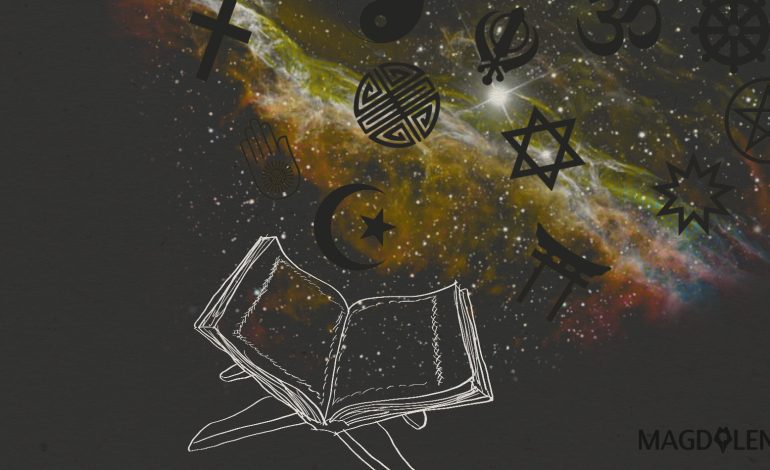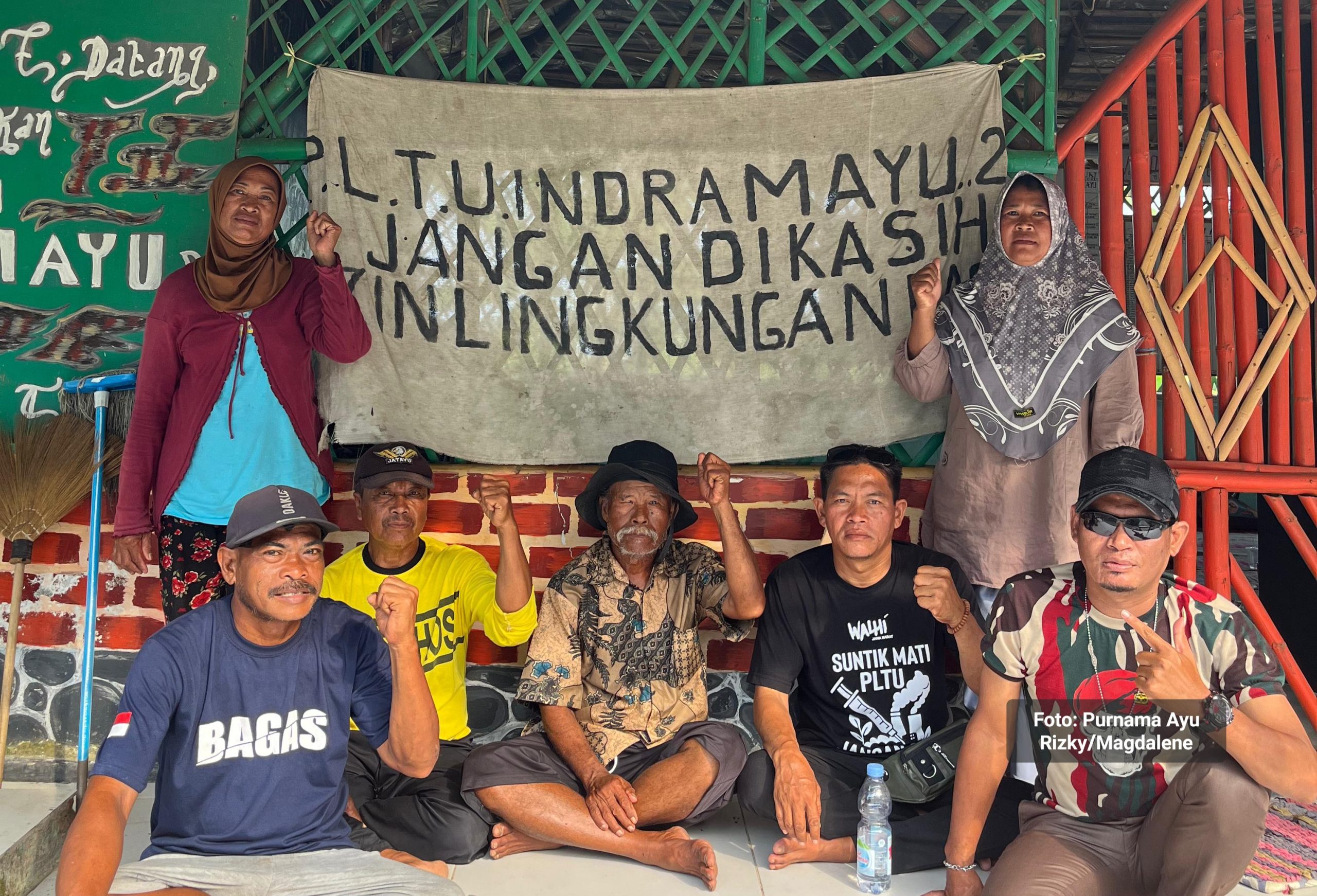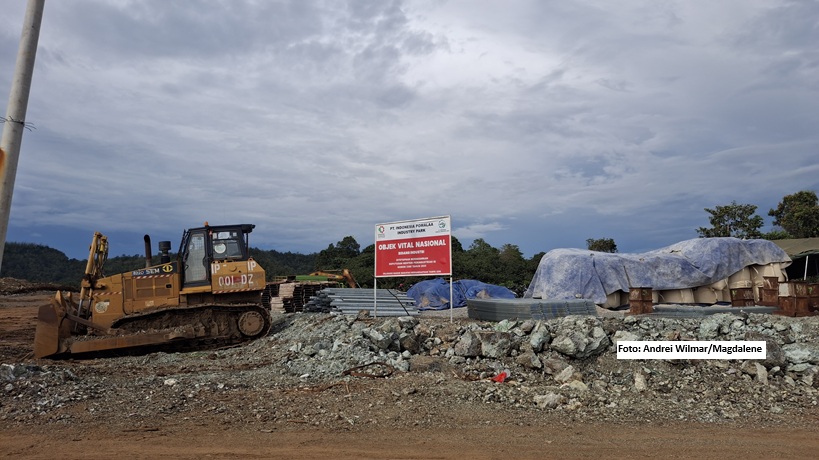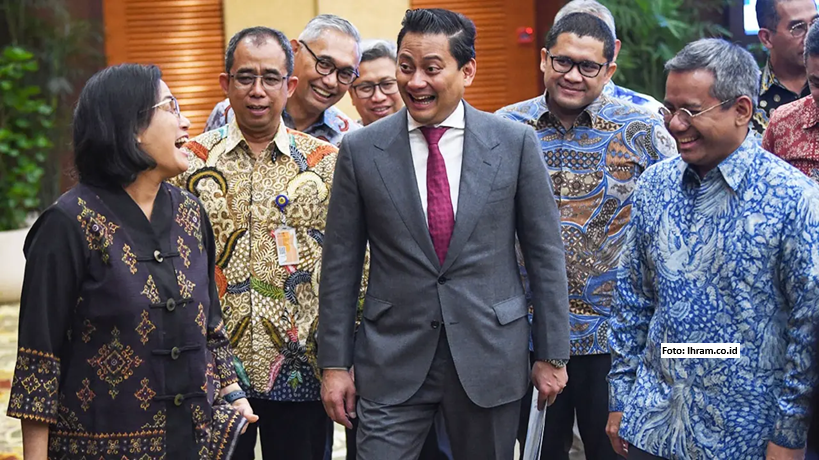Beyond the Feast: Life After Ramadan

Ramadan and the Idul Fitri holiday is a particular time for Indonesia. A stretch of about six to seven weeks where daily routines and work timetable are turned upside down, rush hours become even more unpredictable, and distinctive customs – old acquaintance meet-up during the breaking of the fast, curious emergence of special food such as kolak and ice blewah, special religious rituals such as tarawih, and colossal visit to hometowns (known as pulang kampung) – are observed.
That period is over now. We recommence our “normal” life. Work hours are reset to pre-Ramadan time. No more frequent meet-up with old friends. Much fewer gatherings in the evening for remembrance of the Divine Self. On-the-road courtesies (or lack thereof) remain as always. Unnecessary frictions and wasteful gossips are subdued no more.
Is that it? Is there nothing left from Ramadan? Has it made any impact to our life, or has it simply faded away? It was as if Ramadan has never happened.
If so, what a shame.
The fasting month of Ramadan in truth carries with it a beautiful invitation – along with some practical how-tos – to Muslims in particular, and to whoever is open to the universality of its invitation.

Fasting, according to the Quran, is prescribed to help those who believe (iman) to become muttaqun (those who have [God’s] consciousness) by practicing the fast (in Arabic, shaum = to refrain).
At the highest level, according to an 11th century Persian-descent Muslim philosopher Al Ghazali, fasting is about “refraining the heart from bad thoughts, worldly worries, and anything else that may divert from anything but thoughts of God.”
Simply put, such practice of refrain has the potential to help us to become (more) conscious human being. That is, humans who are in touch with their essential Goodness, which are expressed through their everyday thoughts, words, and deeds. Humans who are kind and considerate towards themselves and their surroundings, simply because it is in their nature to be so.
Now, how are we in that?
The good news is one does not have to wait until next year’s Ramadan to continue such practice. The invitation is valid any time of the year. And it is an open one: Everyone is invited to join. I am not talking about fasting, as in abstaining from food, drink and sexual intercourse during the day, per se. Although you are welcome to do so, should you wish.
Rather I am referring to a practice of refraining from anything that may divert us from becoming our best-self – an expression of our essential Goodness. In other words, to be mindful of what we think, what we say, and what we do. To be aware of how we are at every moment.
The invitation and guidance to practice refrain and to be mindful about our basic desires, about what we allow to enter or come out of our senses or limbs, and about living from the core of our being, i.e our essential goodness, seems to me universal, practical and sensible.
It is interesting to return to Al Ghazali to learn how fasting can help us be more mindful. He divides fasting into three levels. One is what we commonly know as fasting – abstinence of food, drink and sexual intercourse during the day, tending to human’s most basic (yet strong) needs and desires. I am sure we know what happens if these desires sprawl out of control. Hence the suggestion to refrain.
Second, he calls it “the fast of the select few”, is that of keeping the ears, eyes, tongue, hands, feet together with all the other senses free from sin. I see “sin” as any thought, speech or deed that do not sit well with our conscience. No need to define it further. We know what they are if we are honest.
Third, which he calls “the fast of the elite”, is slightly trickier. It entails the fast of the heart from bad thoughts, worldly worries and anything else that may divert from anything but thoughts of God (or, we could say, our essential goodness). One can only but try.
So the invitation and guidance to practice refrain and to be mindful about our basic desires, about what we allow to enter or come out of our senses or limbs, and about living from the core of our being, i.e our essential goodness, seems to me universal, practical and sensible.
And it is indeed a practice that requires conscious efforts. We need to put an intention to doing this, or, rather, to being it. Then we need to be watchful about what we say, think and do, as often as we humanly can. A useful set of questions to ask ourselves before saying (or doing anything) is: Is it true? Is it kind? Is it necessary? Is now the best time to say or do it?
It would also be an interesting exercise to look at our intention to saying or doing it: Why do we say the thing we say? What is the intention (or emotion) behind it? Where do they come from? Is it habitual or fresh?
Here, I would like to invite you to experiment with these questions and obtain honest responses from yourself, not from your thoughts, but from the heart. Try asking these questions and without thinking, without self-censorship, listen to the first response that comes up from yourself. This will tell you how you are in actuality, not how you think you are. You might be in for a surprise
Further, it is helpful to set aside certain time(s) in our day to realign ourselves, either by observing ritual prayers, saying mantras, meditating, or being immersed in any other practices of mindfulness. It is a wonder how those minutes can hugely affect the rest of our days.
What’s more, there are other practical things that would be pitiful if we let them fade. The enthusiasm to stay connected with families and friends, the habit of waking up at early hours (for prayers, meditations, or other practices), the eagerness to be home with families for dinner, to name a few. Why not maintain that too for the rest of our year?
All in all, Ramadan is truly a feast beyond what we perceive it to be, bequeathed by ancient wisdom whose messages stretch beyond any particular tradition and are – really – logical. It is an invitation to those with conviction in their heart to become conscious human beings who live by their essential goodness.
With these practices and newly acquired habits, then perhaps our Ramadan journey would culminate in the true meaning of Idul Fitri – A return to Purity.
Eva Muchtar works as an independent writer cum editor and a craniosacral therapist. She loves anything that is simple, honest and somewhat random. She believes that we are at our best–and most useful–when we are being ourselves. Hence, self knowledge and self expression are her major interests.






















